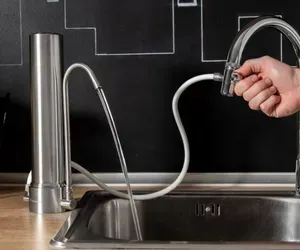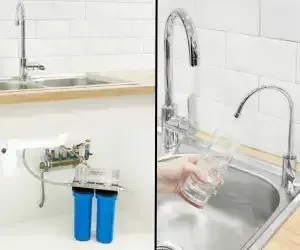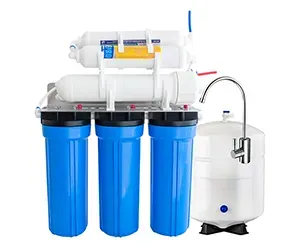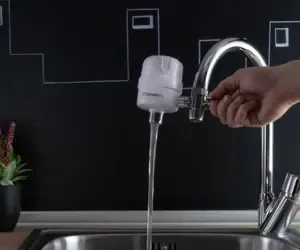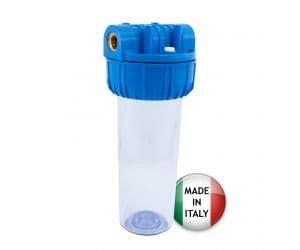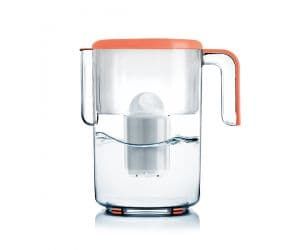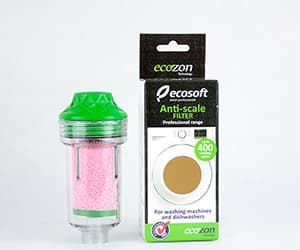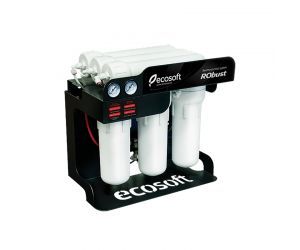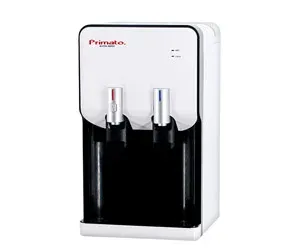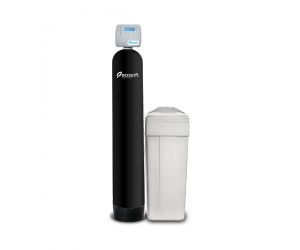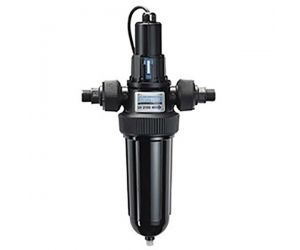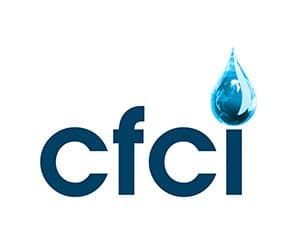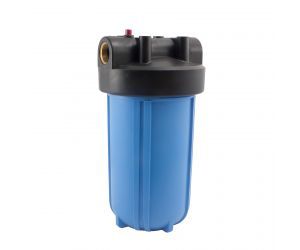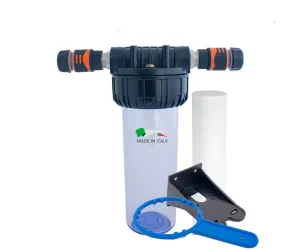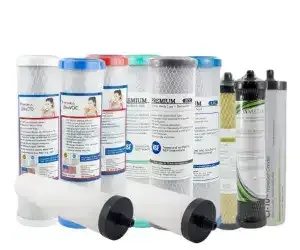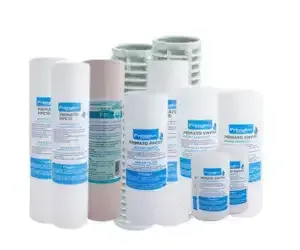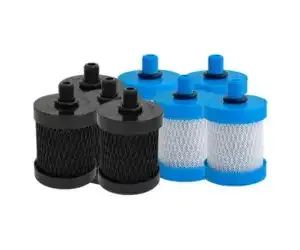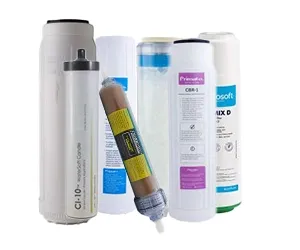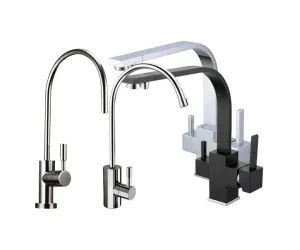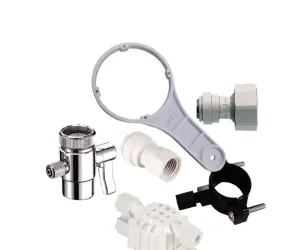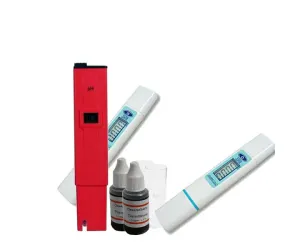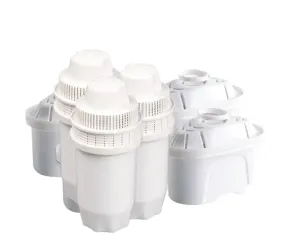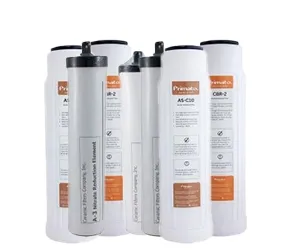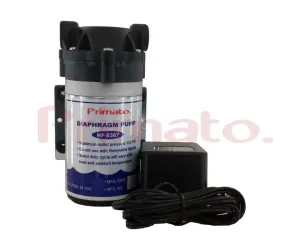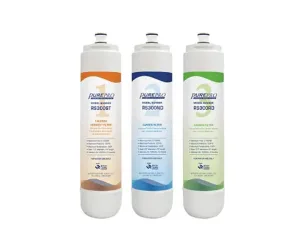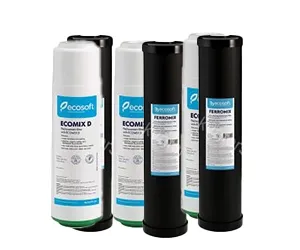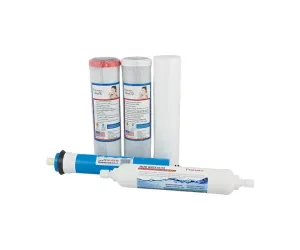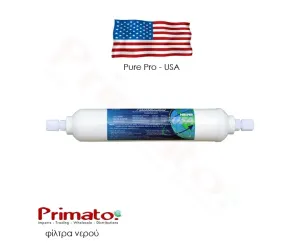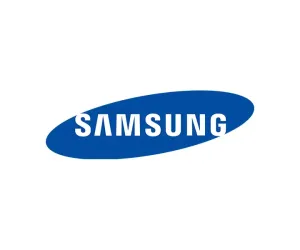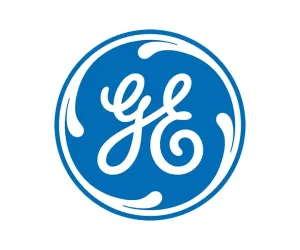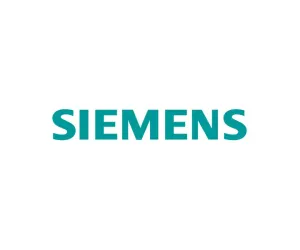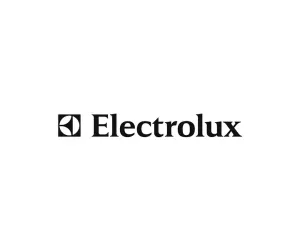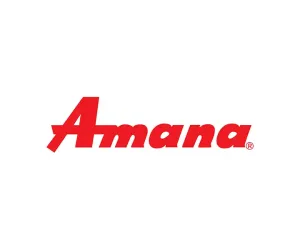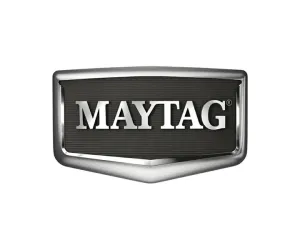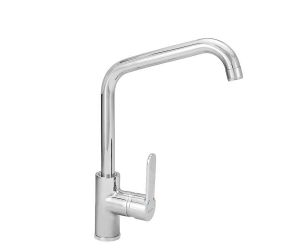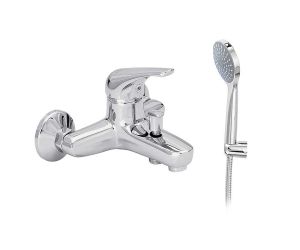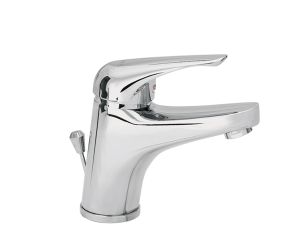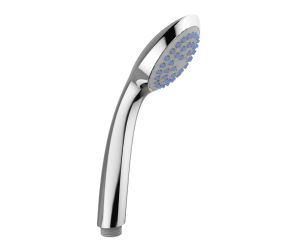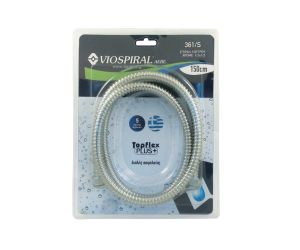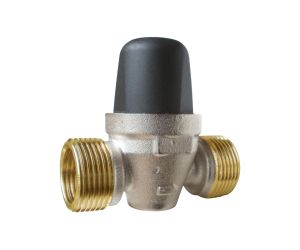What is the activated carbon found in our water filters?
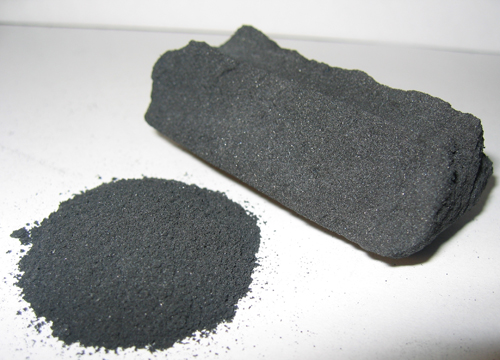
Activated carbon has various applications, from gas masks and kitchen appliances to drugs and poisons. Its main use though is water purification, as it has spectacular absorbing and filtering capabilities.
Activated carbon, either in the form of granular, i.e. pulverized activated carbon or activated carbon block, filters water from a wide list of harmful substances. Activated carbon achieves impressive success rates, filtering out chemicals.
It is an odorless, tasteless, delicate substance that is a 100% natural product. This non-toxic black powder is made from bamboo, charcoal, sawdust, coconut shell, olive kernel and oil. Activated carbon is heated in a controlled environment using special methods. Through this proccess it acquires a very porous surface, which is capable of increasing its area from 500 to 1,500 m2 / g, and absorbing various kinds of organisms.
The use of carbon in everyday life goes back thousands of years, although its discovery is uncertain. Ancient Indians used carbon to clean their water, while the Egyptians used to detoxigy their body with carbon before 1500 BC. Ancient Greek Hippocrates (Father of Medicine) included carbon in his medical treatments.
Carbon was made known thanks to the French chemist Pierre Fleurus Touery. In 1831 he made a demonstration at the French Medical Academy, which left an impression: He consumed 10 times more strychnine than the allowed limit if front of many peiple. And yet, nothing happened to Touery. That's because, before Strychnine, he drank - as he explained to his bereaved colleagues - about 15 grams of carbon!
Recent posts
- The Future of Water: How Primato Filters are Pioneering New Standards in Water Safety
- Primato's Journey at Aquatech Amsterdam: Building Bridges and Expanding Horizons
- The Journey of Water: From Source to Tap - Understanding the Filtration Process
- What are three way water filter taps?
- Shower water filters
- Commercial water filters for hotels, restaurants and cafes
- The reason why more and more people prefer undercounter water filters
- Zeolites in water treatment
- The water supply network of Athens
- The whole truth about water filters
- Russian water filters with aragonite - Purchase guide
- Choosing and buying a countertop water filter
- I live in Athens. Do I need a water filter?
- Water Filter Prices: Full Guide
- Does filtered water help with allergies?
- 10+ reasons to add more water to your lifestyle!
- Zeolite: A natural mineral in the service of water filtration
- Thessaloniki Water: From the source to the glass
- Meet the Greek Water Filters Manufactured in Thessaloniki
- Water Filters with Zeolites
- Turning a coconut into activated carbon
- Thessaloniki: Which Are The Best Water Filters?
- Tap water in Greece: Is it safe? The problems and the solutions
- How to Choose the Right Replacement Filter
- Ultra filtration and Hollow Fiber Membranes explained
- How hard is water in Thessaloniki?
- Whole house water filter cartridges - How to choose the right one!
- Countertop water filters - What to look for before I buy
- Do I need a water filter if I live in Athens?
- Everything you need to know about tap water filters
- Under-sink water filters - Everything you need to know
- Reverse Osmosis - What is it and how it works
- World Water Day - 22 March
- Primato goes sailing!
- What are water filters?
- Reverse Osmosis - Perfect for islands, drilling water and aquariums
- What is the activated carbon found in our water filters?
- Arsenic in the Water - The ubiquitous venom
- Hexavalent Chromium - A Carcinogen That Should Be Reduced Immediately!
- Paranoia of alkaline water - Understanding PH
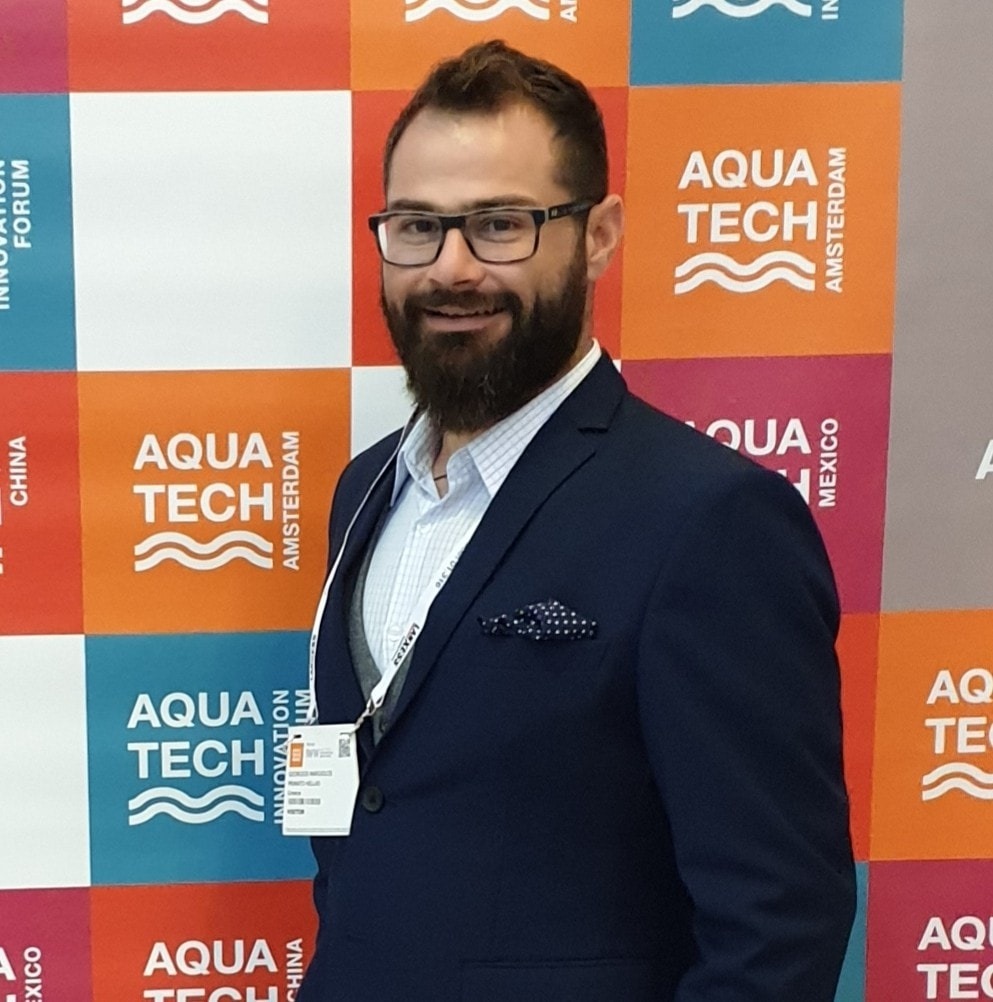
George Margiolos
George Margiolos was born in Thessaloniki and has graduated from the Department of Marketing of the Alexandreio Technological Educational Institute of Thessaloniki. He is fluent in English and (not so fluent) in German.
Ηe has been Project Manager at Avery Dennison - Fastener Division in the UK. There, his main project was to redesign the company's products into new applications so as to become more environmentally friendly. In combination with the fact that in the UK people are more familiar with water filters, he has developed a love for environmentally friendly water filters, which reduce the use of plastic bottles and improving people's quality of life.
Since 2008, he has published over 300 unique educational and informative articles on water filters and new water treatment technologies.
Occasionally, universities and doctoral students request to use George Margiolos' articles in their research because of their quality and uniqueness.
